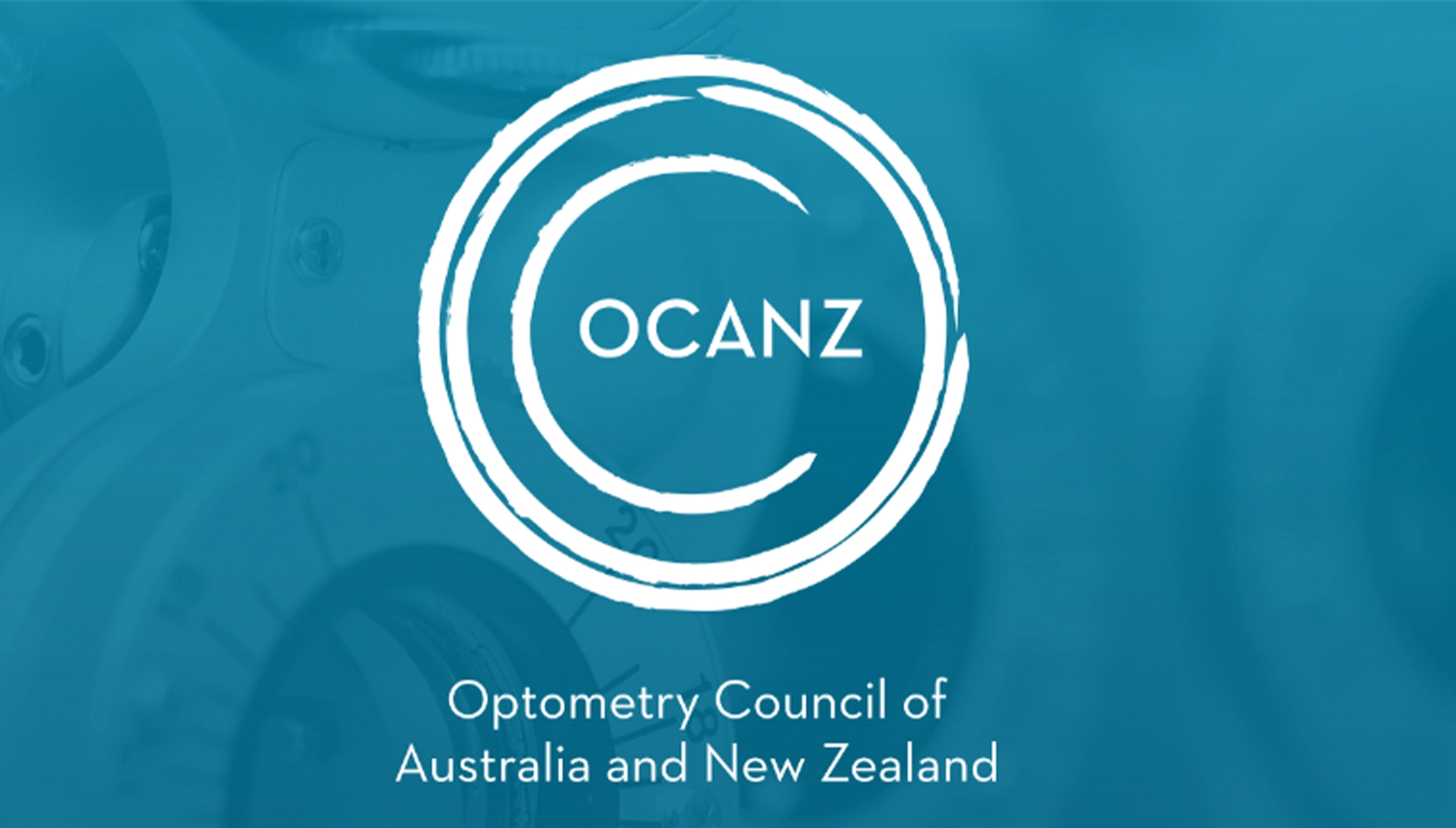Optometrists in Australia
Administered by the Optometry Council of Australia and New Zealand (OCANZ), the COE exam assesses the competency of aspiring optometrists to ensure they meet the standards required for practice in these countries.

Optometry Registration in Australia
Candidates completing the COE exam will receive a certificate. This certificate, recognised by optometry registration boards in Australia and New Zealand, attests to achieving an entry-level standard of competence in optometry (excluding ocular therapeutics).
However, it does not automatically grant registration rights.
The COE certificate allows applicants to seek limited registration in Australia or apply for the Provisional Optometrist Scope of Practice in New Zealand.
To meet the conditions for general registration, additional training/examination in ocular therapeutics is required, as stipulated by the Optometry Board of Australia (OBA) and the Optometrists and Dispensing Opticians Board (ODOB) in New Zealand.
Additionally, the Assessment of Competence in Ocular Therapeutics (ACOT) examination is designed for optometrists with overseas qualifications in ocular therapeutics, providing a pathway to general registration.
Benefits of becoming an Optometrist
Becoming an Optometrist in Australia and New Zealand offers numerous advantages-
High Standards of Healthcare
Australia and New Zealand maintain rigorous healthcare standards, placing optometrists at the forefront of eye care. This ensures a commitment to providing quality services and staying abreast of advancements in the field.
Global Recognition
Obtaining optometry registration in Australia or New Zealand provides global recognition of professional competence, enhancing career prospects internationally.
Diverse Career Opportunities
The demand for optometrists is rising in both countries, offering diverse career paths in private practices, healthcare institutions, and optical retail settings.
Excellent Compensation
Optometrists in Australia and New Zealand receive competitive compensation, reflecting the value placed on eye health within their healthcare systems.
Quality of Life
Both countries consistently rank high in global quality of life indices, offering an exceptional standard of living, access to world-class healthcare, and diverse cultural experiences.
Advanced Education and Research Opportunities
Optometry education and research in Australia and New Zealand are well-regarded globally, providing opportunities for continuous learning and involvement in cutting-edge advancements.
Cultural Diversity
Both countries embrace cultural diversity, offering a welcoming environment for professionals from various backgrounds to contribute to the local healthcare landscape.
Work-Life Balance
Australia and New Zealand prioritise work-life balance, allowing optometrists to enjoy fulfilling personal lives alongside their professional commitments.
Eligibility for COE Exam
To embark on optometry registration, individuals must fulfil specific eligibility criteria.
This includes providing evidence of completing a comprehensive optometry course, either a 4-year full-time study or a 3-year study, followed by one year of supervised clinical practice and successful completion of a professional examination.
COE Examination Components
The COE exam comprises five parts categorised into two written, two clinical examinations, and one online cultural safety training for optometrists.
Diagnosis and Management Examination (Written)
- A three-hour written paper covering basic biomedical, vision and optical science, and clinical science.
- Comprises 144 multiple-choice questions to evaluate the candidate's understanding of fundamental optometric principles.
Clinical Science Examination (Written)
- A three-hour short-answer question paper assessing the candidate's skills in patient diagnosis and management.
- Focuses on the practical application of clinical knowledge, demonstrating the candidate's ability to handle real-world scenarios.
Cultural Safety Training for Optometrists (Online)
- Completion of the OCANZ Cultural Safety Training for Optometrists online training program.
Skills Station Examination (Clinical)
- A practical clinical skills examination that evaluates the candidate's hands-on abilities.
- Tests proficiency in various optometric skills essential for effective patient care.
Patient Examination (Clinical)
- Four patient examinations were conducted in a clinical setting to assess the candidate's ability to interact with and diagnose actual patients.
- Demonstrates the application of theoretical knowledge in a practical, patient-centric context.
Examination Venue
The Written Examination allows remote participation and can be taken online from the comfort of your home country.
On the other hand, the Clinical Examination is held at the Australian College of Optometry in Melbourne.
Examination Dates for 2024
Written Parts
First Series - Online (remote proctored examination)
Monday 4th & Tuesday 5th March 2024
Second Series - Online (remote proctored examination):
Monday 5th & Tuesday 6th August 2024
Clinical Parts
First Series
Session One: Week of 17 June 2024
Session Two: Week of 24 June 2024
Second Series
Session One: Week of 18 November 2024
Session Two: Week of 25 November 2024
Conclusion
The OCANZ Competency in Optometry Examination (COE) is a pivotal step for optometrists aspiring to practise in Australia and New Zealand.
Through a comprehensive assessment of theoretical knowledge and practical skills, the COE exam ensures that registered optometrists meet the high standards required for patient care.
Aspiring optometrists must demonstrate their commitment to excellence in optometric practice and contribute to the healthcare landscape of these countries by clearing the OCANZ Competency in Optometry Examination.
You can navigate your OCANZ COE journey through Academically to make your dream career in Australia.
Fill up this form for a free one on one counselling session.




